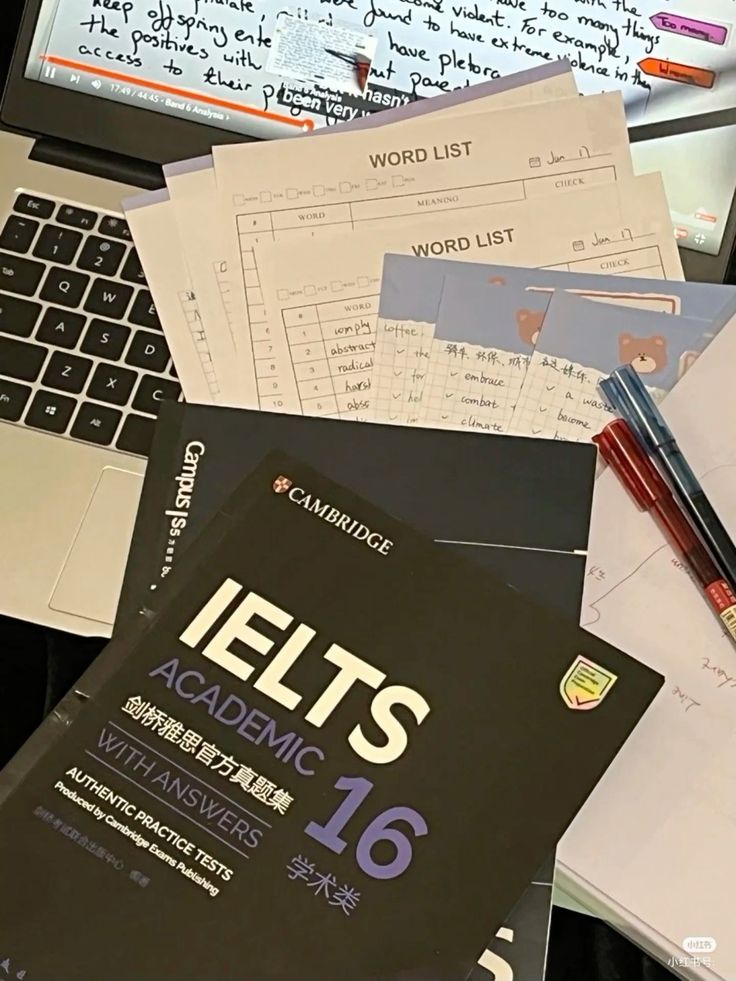Imagine a world where everyone could speak flawless English — a world without language barriers, misunderstandings, or missed opportunities. Unfortunately, that is not a reality — in fact, quite the opposite. Many individuals seeking to move to English-speaking countries are required to study for and take English proficiency exams, despite already knowing the language or belonging to communities where English is spoken more frequently than what may be considered a “mother tongue”. This essay will explore why individuals undergo this rigorous process, what contradictions lie within this system, and whether it represents an overall gain or loss in a systematically planned “language power grab”.
To begin, as the world becomes increasingly interconnected, many individuals — particularly from the younger generation — plan to move abroad for a fresh start. However, this process may be less appealing for those coming from countries perceived to lack English proficiency. For instance, I recently took the IELTS test, as I plan to apply to a university overseas as an international applicant from Pakistan. Being from Pakistan, many assume that we are not fluent in English and can only speak languages like Urdu or Punjabi. While that may be true for some, the majority of people in Pakistan can speak English as a second language. In fact, according to Wikipedia, of the approximately 230 million people in Pakistan, nearly half can speak English — placing Pakistan fourth in terms of English-speaking population worldwide.
However, when individuals from such countries plan to move to predominantly English-speaking nations — Australia, Canada, and the United States, for example — they must go through a series of rigorous tests to prove they belong to that “half”. While some, like myself, do so for educational opportunities, others may do it to pursue a career, seek a better quality of life, or even to access something as specific as athletic opportunities in the UK. Regardless of purpose, English proficiency is almost always a requirement — and the obligation to prove it can be a bitter pill to swallow.
What adds to this irony is that Pakistan was once a British colony, as were India and Nigeria — who rank second and third, respectively, on the same list. Ironically, the United Kingdom ranks lower than these three countries, despite having colonised them. We — collectively speaking of the nations that endured colonisation — inherited English from Great Britain, yet we are still required to prove our competence through expensive and extensive measures. The most frustrating part is not that we have to prove our language skills, but that these tests measure privilege and access more than ability. For many, the financial burden is overwhelming — from paying high test fees to affording costly preparation courses and having to retake the exam if they fall short. All of this is merely to prove fluency in a language that was historically imposed upon us.
Despite these contradictions, one might argue that the system serves a neutral purpose. Standardised exams such as IELTS and TOEFL provide a consistent method of measuring proficiency, allowing employers, universities, and visa officers to assess whether individuals can communicate effectively in English. These tests measure a candidate’s ability across a range of contexts, which can be vital in fast-paced professional environments. Something as small as misunderstanding a phrase could lead to serious consequences in such settings. However, a major issue remains: the cost. Many individuals with perfect fluency are simply unable to afford these tests or the necessary resources to prepare for them. In the eyes of English-speaking countries, these individuals are not “qualified”, because there is no formal proof.
Another contradiction lies in the fact that countries like Pakistan, Nigeria, and India — with English-proficient populations of 108 million, 125 million, and 228 million, respectively — are still required to prove that their citizens speak English. If an individual already writes and speaks English fluently, that should be accepted as evidence of proficiency.
Some suggestions for improving this system could include reducing test fees, making preparation courses more accessible, or offering free language evaluations. Another option could be to provide English-proficiency tests at the time of immigration, free of charge, to evaluate applicants based on their reason for immigration, educational background, and real-time communication skills. The result could be recorded and used to determine eligibility, rather than forcing individuals to undergo redundant testing in advance.
To sum up, this essay highlights the burden of English language testing for populations with deep historical ties to the language — such as those in Pakistan, Nigeria, and India. Despite millions being fluent in English, they are subjected to systems that often prioritise documentation over demonstrated ability. While standardised exams help institutions assess communication skills, they often reflect privilege rather than true proficiency. In essence, fairer and more accessible alternatives — such as recognising previous education or offering free language assessments — could ensure that opportunities are no longer limited by financial barriers. This way, English can remain a shared medium that connects people, rather than one that shuts doors.
















